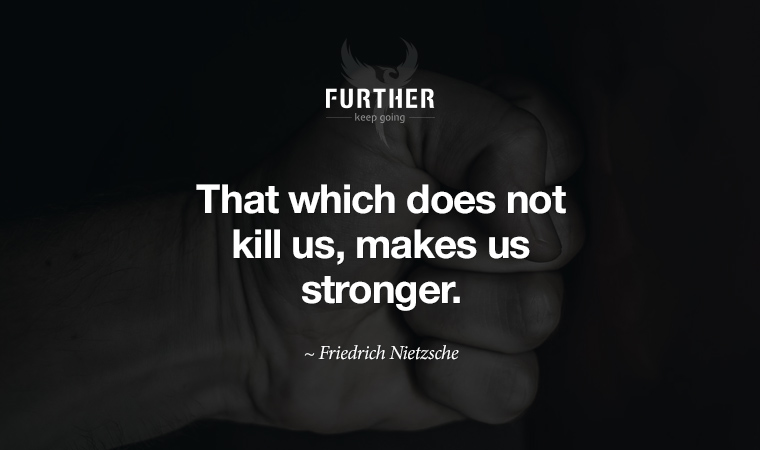
If you’re feeling vulnerable lately, you’re certainly not alone. A flip through the headlines is like walking through a minefield of information bombs, any one of which may derail you, your family, your community, and the planet as a whole.
As the personal and collective stress, trauma, and grief continue to bear down, it takes grit to press on. Part of what may help is considering what good can come from all of this — not an easy task, but a worthy inquiry.
Because how you respond to adversity is a choice. And what can move you beyond resilience to get stronger, smarter, and better is an antifragile mindset.
The black swan song
Author Nassim Nicolas Taleb introduced the concept in his 2014 book, Antifragile: Things that Gain From Disorder”
Some things benefit from shocks; they thrive and grow when exposed to volatility, randomness, disorder, and stressors and love adventure, risk, and uncertainty. Yet, in spite of the ubiquity of the phenomenon, there is no word for the exact opposite of fragile. Let us call it antifragile.
Taleb calls the precipitating events that lead to developing this mindset “black swans.” This includes things like a major accident, business collapse, or, say, a pandemic commingled with massive social upheaval. The point is not to stress about our inability to predict cataclysmic situations and instead to move through them focused on creating a new way forward on the other side.
Breaking it down
Getting through hard times is one thing. The trick is to transcend overreaction triggered by the brain’s natural fight-flight-freeze impulse, and instead use this rare opportunity to grow:
Being on a treadmill and running faster than ever with old habits in a time of crisis might seem like showing grit. What’s harder to do is to step aside from the treadmill and think differently.
As a business practice, you see this all the time in agile companies that use disruption as a catalyst to learn and grow. From a personal perspective, it’s about letting go of trying to control what’s uncontrollable or suppress the stress and anxiety that naturally accompany devastation. The point is to move beyond reaction into a mindful response.
So give yourself time to look inward and get clear on your priorities. Write down goals that connect with your heart and soul. And in the process, look for fresh ways to express yourself, and be open to new conclusions.
It’s not a given that what doesn’t kill you makes you stronger. But it is a choice. And that’s the point of an antifragile mindset — to bounce back quickly, smarter and better equipped to play the long-ball game of life.
